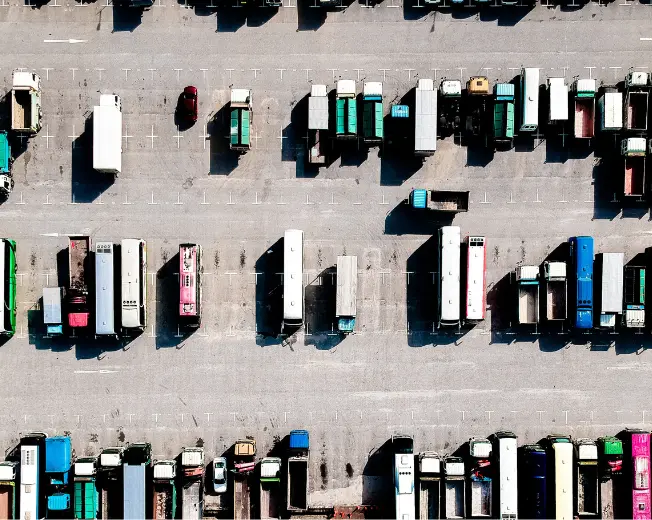In a significant development, the countrywide truckers’ strike has been called off following the government’s assurance of engaging stakeholders in discussions before implementing a contentious law aimed at addressing hit-and-run incidents. After extensive talks between the government and representatives from the All-India Motor Transport Congress (AIMTC), the agitation has been officially terminated.
Union Home Secretary Ajay Bhalla emphasized, “The government wants to clarify that the new rule, Bharatiya Nyaya Samhita 106/2, has not been implemented yet. Before enforcing this provision, we will engage in discussions with AIMTC representatives and collectively decide on the way forward.”
Bal Malkit, the chairman of AIMTC’s core committee, provided reassurance, stating, “The new laws have not been implemented. Implementation will only occur after consultations with All India Transport Congress.”
The focal point of the protest centered around Section 106(2) of Bharatiya Nyaya Samhita (BNS), which is slated to replace the colonial-era Indian Penal Code. This specific section proposed more stringent penalties for individuals involved in hit-and-run cases. The truckers’ community had vehemently opposed this provision, threatening a nationwide strike that raised concerns about potential shortages of fuel and essential goods.
The protests were widespread and gained traction across multiple states, including Jammu and Kashmir, Bihar, Punjab, Maharashtra, Madhya Pradesh, Himachal Pradesh, and Chhattisgarh.
Under the proposed law, individuals involved in hit-and-run incidents could face a maximum penalty of 10 years in jail along with a hefty fine of ₹7 lakh. This marks a significant increase from the existing penalty, which includes up to a two-year jail term and a comparatively lighter fine. The enhanced 10-year punishment is specifically applicable when the offender causes a fatality through reckless driving and leaves the scene without reporting the matter to the police.
One of the primary concerns expressed by truckers, cab drivers, and other operators of commercial vehicles was the feasibility of affording such a substantial fine in the event of an accident. The financial implications of the proposed penalties had become a focal point of contention during the protest.
Experts have raised valid concerns about the potential misuse of the law. They have highlighted challenges related to reporting incidents, particularly considering the risk of public backlash, and underscored the importance of clearly defined criteria for acceptable evidence in the event of disputes.
In summary, the resolution of the truckers’ strike is contingent upon the government’s commitment to engaging in comprehensive discussions with stakeholders before making decisions regarding the implementation of the controversial hit-and-run law. This development offers a temporary reprieve for commercial vehicle operators, allowing for further deliberations and decisions on a matter of critical importance to the transport industry.
Read more about Marketing News, Advertising News, PR and Finance News, Digital News.





